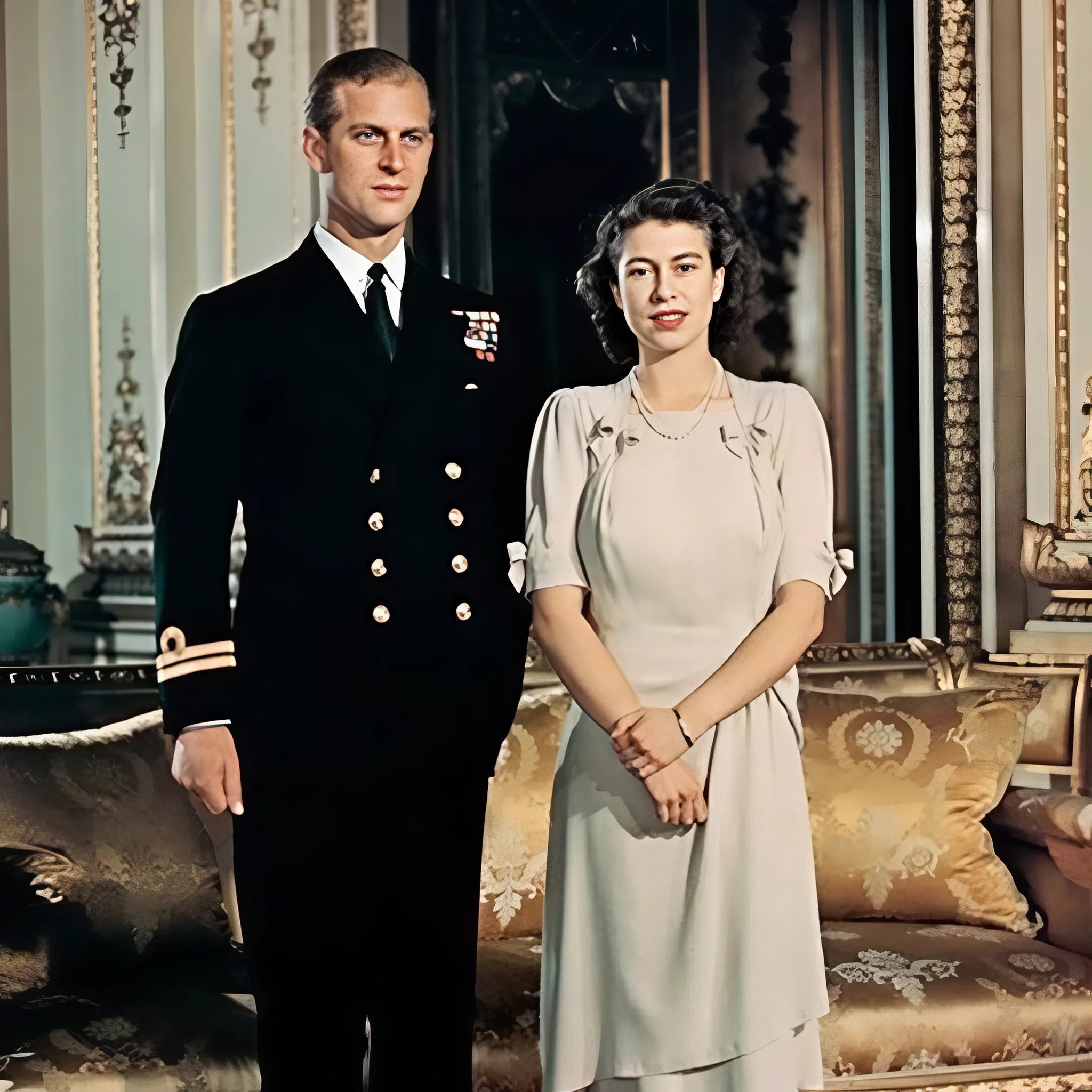Philip had nothing but his surname. No money, no property, no privileges — only a distinguished lineage and striking good looks.
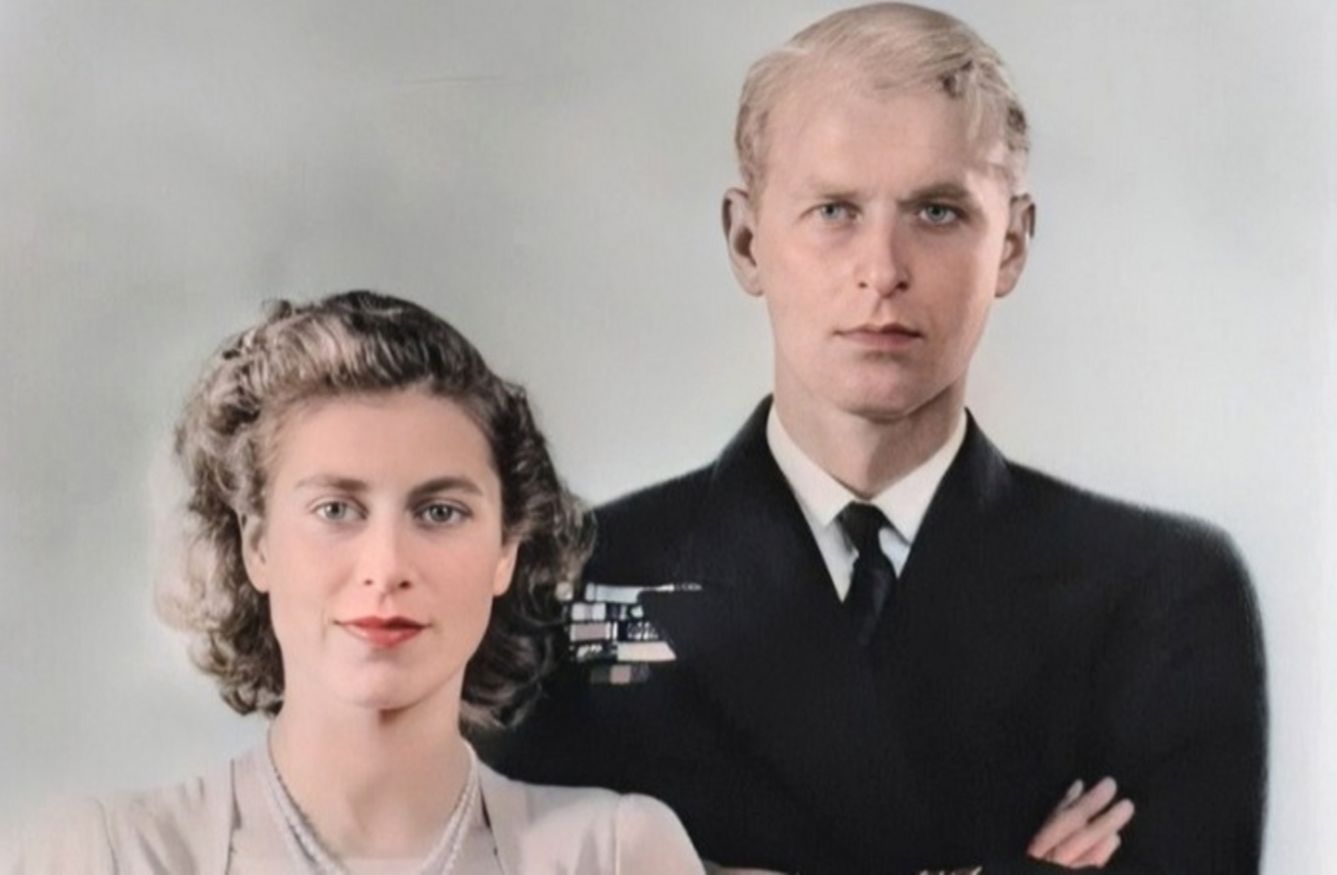
A Greek prince with a broken destiny, an officer without a fortune, he was used to living lightly and being desired in any port. Women adored him, and he adored freedom. However, a young princess appeared on the horizon, who had fallen in love with him as a teenager.
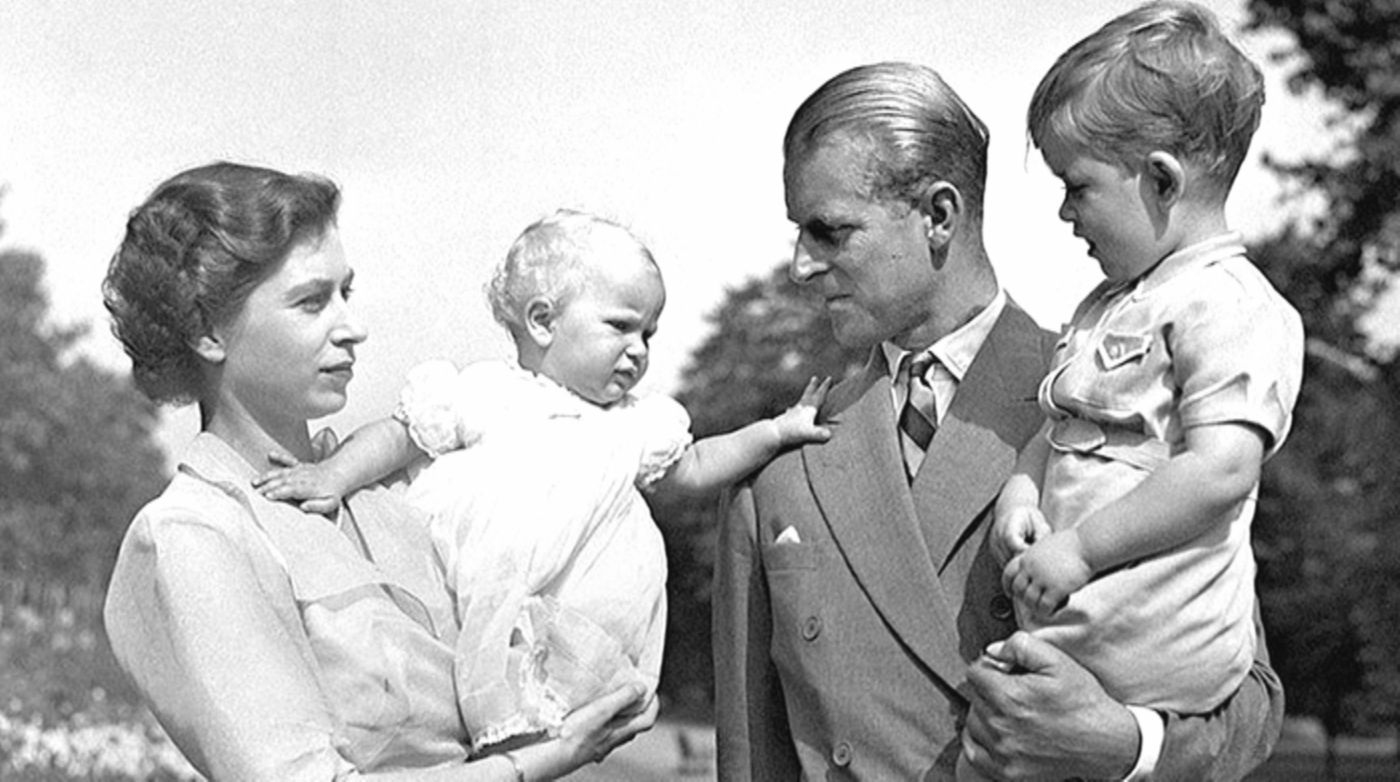
Elizabeth knew from childhood that he would be hers. She did not choose for convenience, she chose with her heart — and doomed herself to a life with a man who wanted everything but did not want to obey.
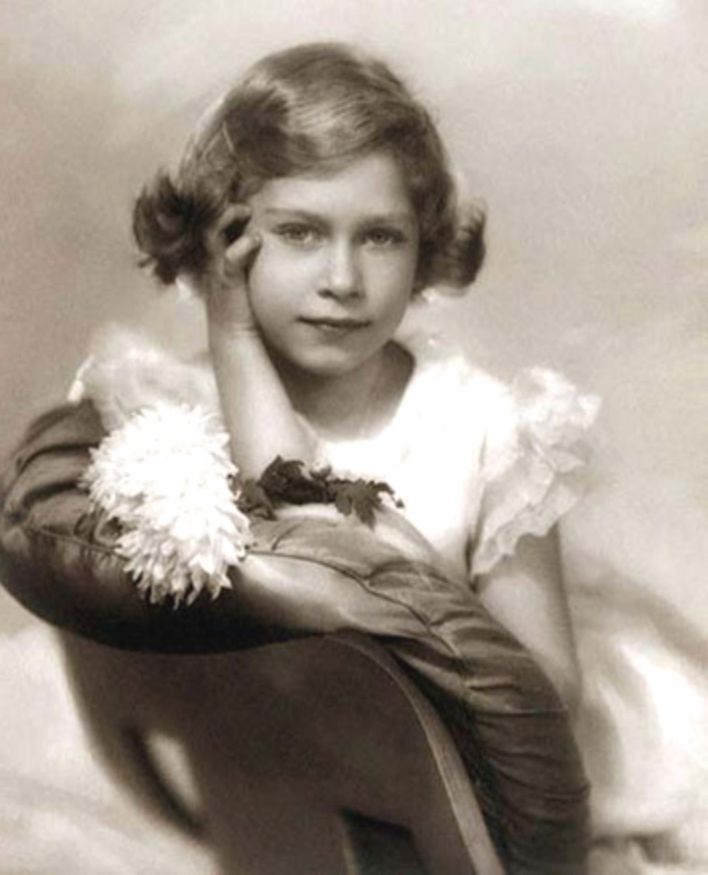
When she became queen, he found himself in the shadows. For her sake, he gave up his career, changed his religion, sacrificed his ambitions, but never forgave himself for this compromise. Inside, he was seething. Outside, he played the perfect husband.
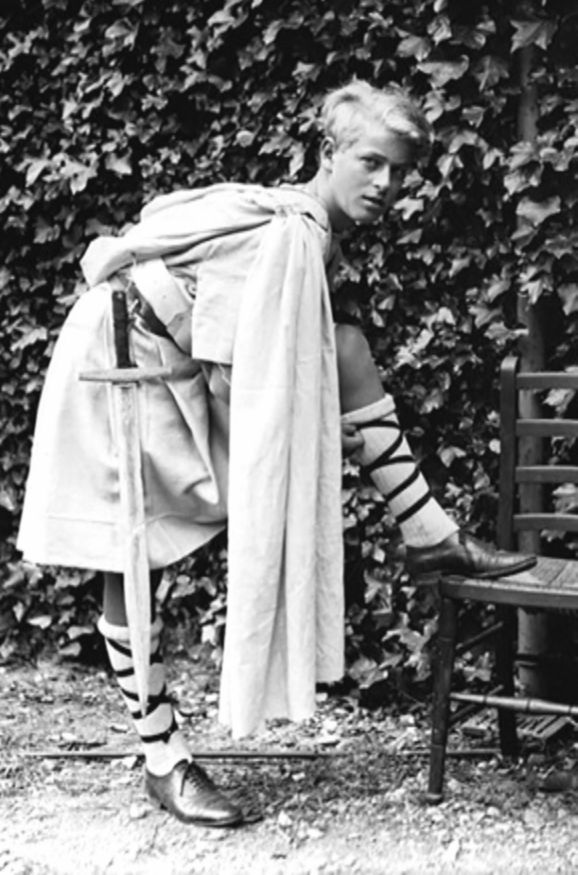
But outside the palace walls, he was different. Ballerinas, actresses, women of high society — he did not particularly hide his escapades. The queen knew. She was torn between anger and love. Once, she even threw her shoes at him. But later, she learned restraint — not because she forgave him, but because she knew how to rise above the pain.
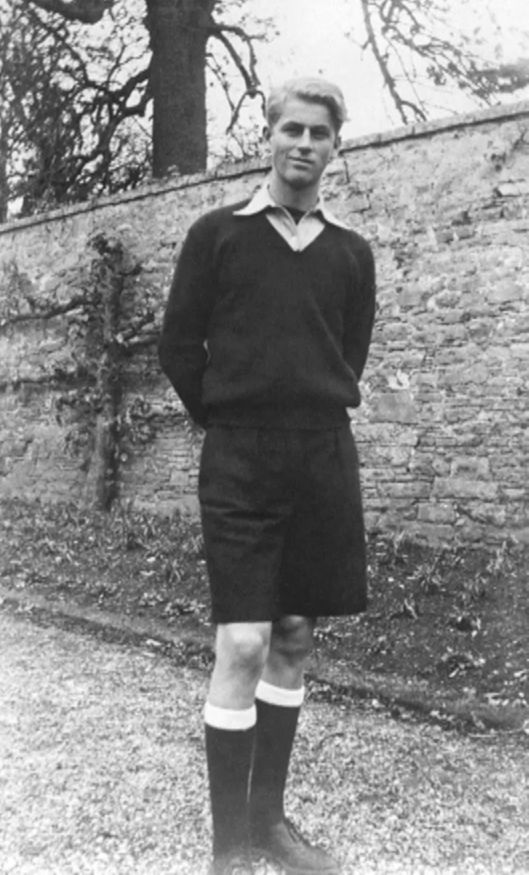
Philip was angry at fate, at his position, at the fact that he would never be the boss. He dominated at home, but outside his doors, he was just ‘the prince next to the queen.’ This humiliated him, and he snapped. He forbade the servants from touching his things, carried his own suitcase, and drove his own car. He even made his own coffee, as if to prove that he was still in control of something. He despised his own uselessness, which he himself had chosen. He had achieved everything he wanted — power, status, privileges — and did not know what to do with it.

She loved him. Always. Even when he humiliated her. Even when he shouted. Even when he cheated on her. She endured. Not out of weakness — out of devotion. For her, the crown was not only a symbol of power, but also a cross to bear. She fulfilled her marital duties as a sacred promise. She never complained, never aired the palace’s dirty laundry. There was no place for weakness in her world.
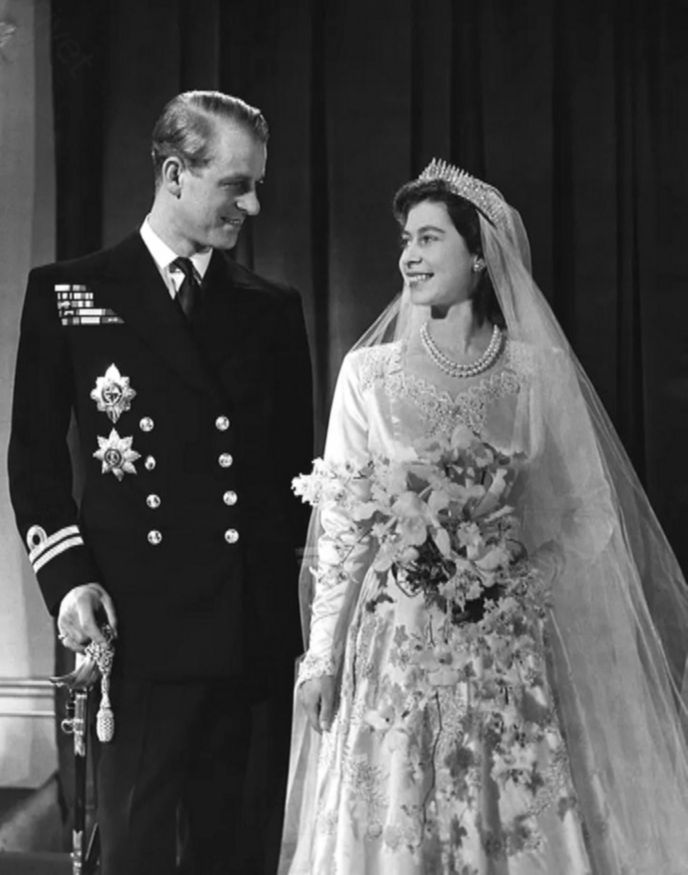
The servants heard the quarrels, the courtiers knew about the affairs, but no one saw a public breakup. Elizabeth II was a queen even in suffering. She was taught that a man can cheat, but that does not necessarily mean that he has fallen out of love. Perhaps she accepted this as a given. Perhaps she simply did not want to destroy what she had been building since her teenage years. Or maybe she really could not help but love him.
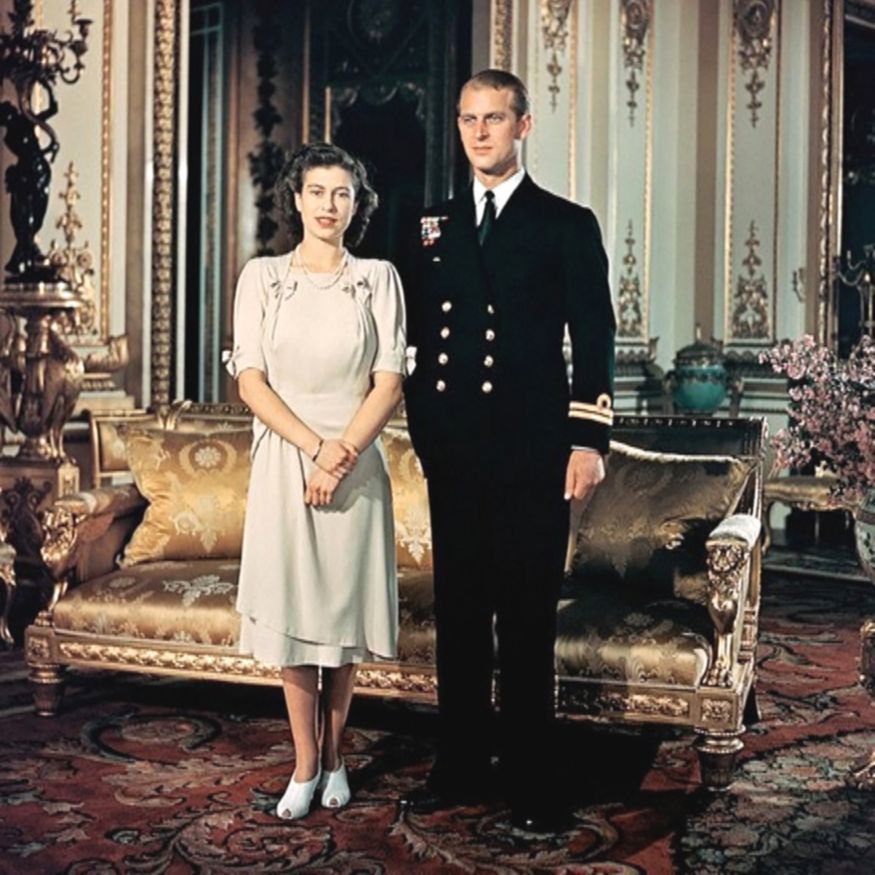
With age, he became even more unbearable. Everything he had sacrificed for ceased to bring him satisfaction. He humiliated those lower than him in status just to feel superior. He wanted power, but remained close to the one who embodied the very system in which he was secondary. She never raised her voice at him. Silence became her armour. Love was her weakness and her strength.
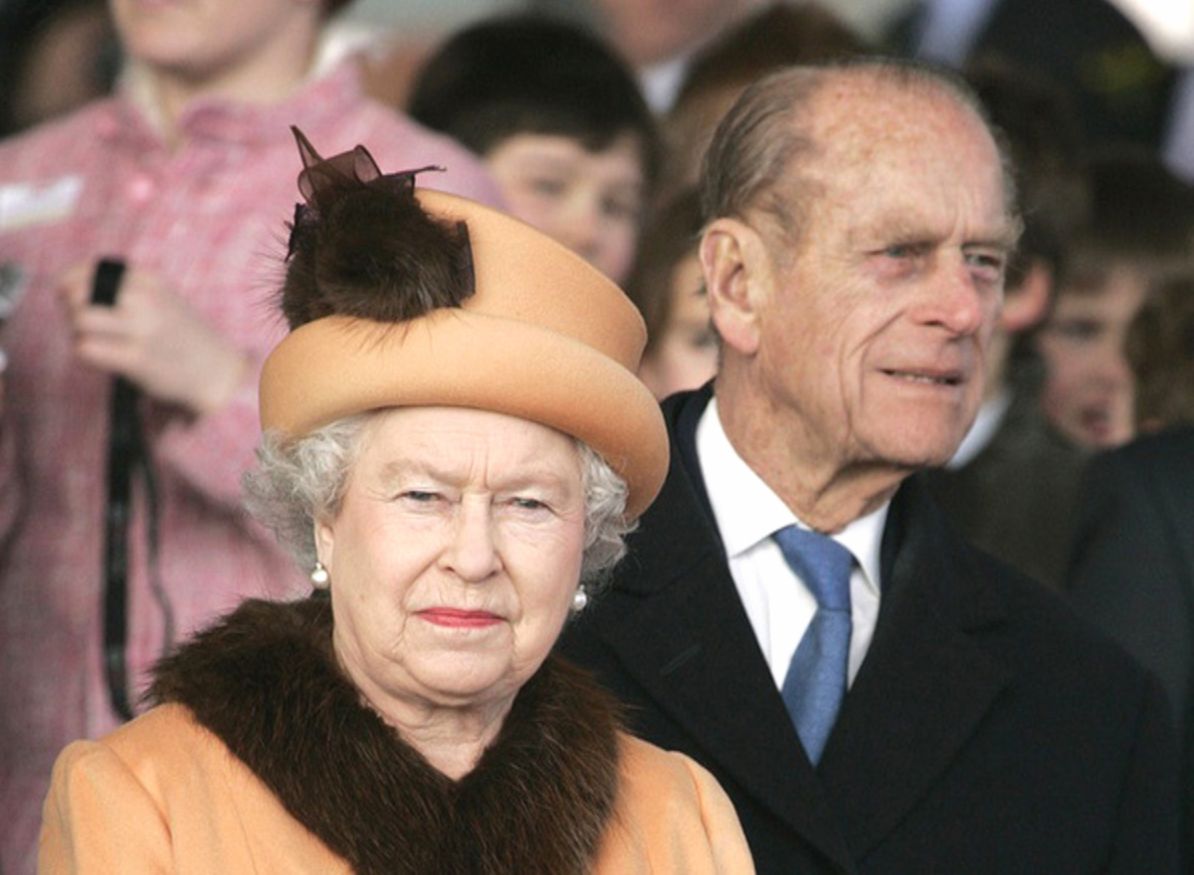
Philip died at 99. Elizabeth outlived him. Silent, reserved, still faithful. Their union was not about happiness, but about choice and duty. She chose him — and stuck with that choice until the end.
